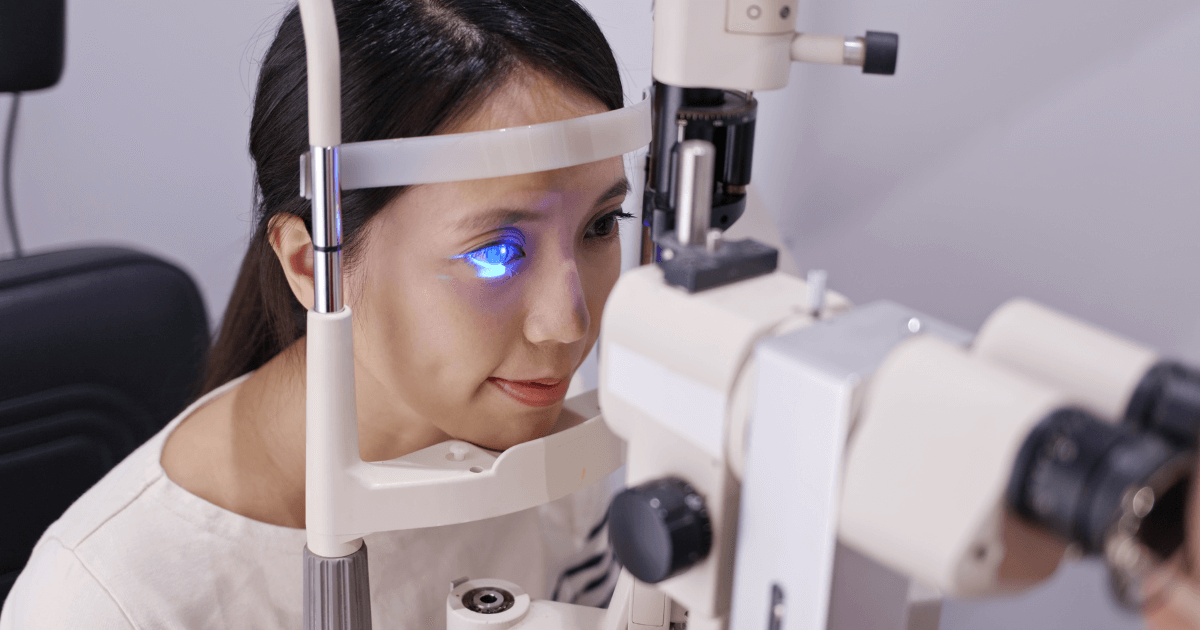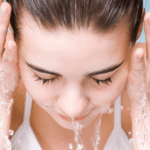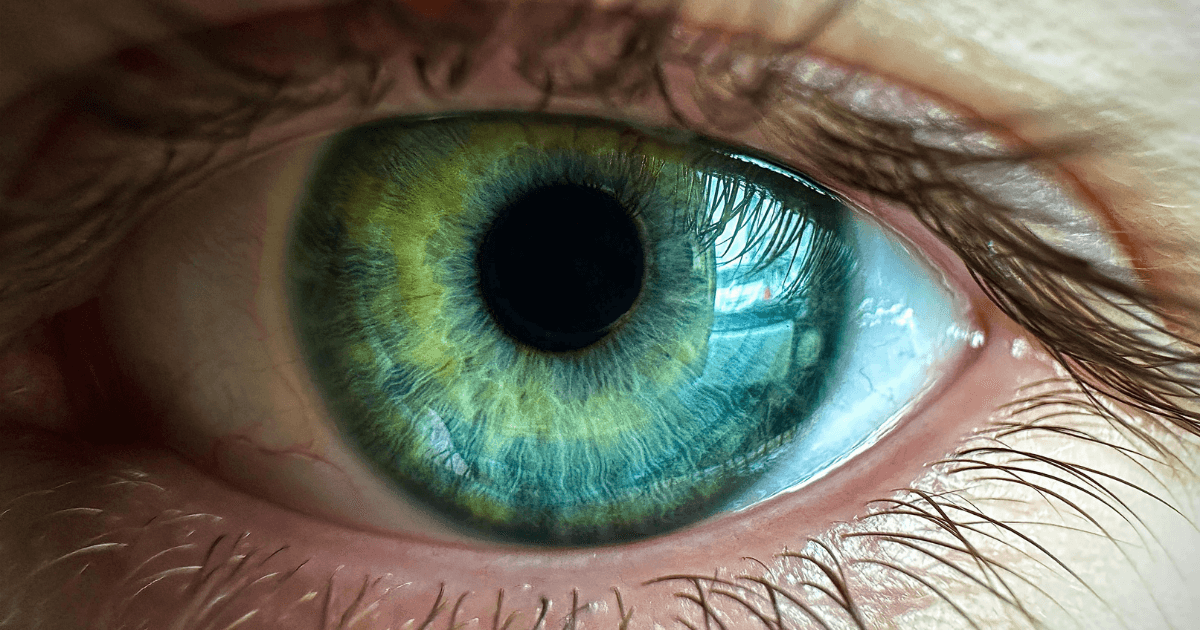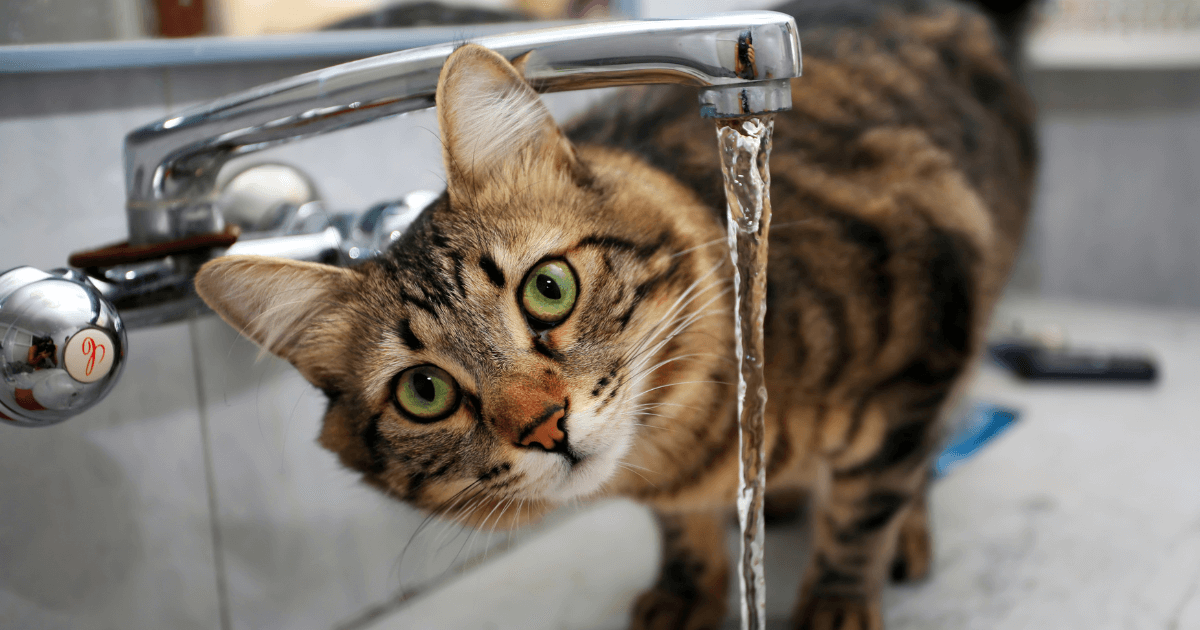Eye Care Tips | Protect Your Vision with Ideal Beauty Tips. Discover the best eye care tips to protect and maintain healthy vision. Learn what eye care is, why it matters, foods for eye health, daily habits, natural remedies, and when to see a doctor. Keep your eyes strong and bright with Ideal Beauty Tips.
Eye Care Tips | Ideal Beauty Tips
Eye Care Tips | Our eyes are among the most delicate and important organs in the human body. They allow us to see the world (Ideal Beauty Tips), connect with people, work efficiently, and enjoy life’s beauty. Yet, eye health is often neglected until problems arise. In today’s digital era, where screen exposure, pollution, and lifestyle habits impact vision more than ever, taking care of your eyes should be a top priority.
1. What are Eye Care Tips?
Eye care Tips refer to the practices, habits, and treatments aimed at protecting, maintaining, and improving eye health and vision. It includes:
- Following a healthy lifestyle with a balanced diet.
- Practising good eye hygiene.
- Protecting eyes from environmental damage.
- Undergoing regular eye examinations.
- Using corrective measures like glasses or contact lenses when needed.

Eye care Tips aren’t only about preventing vision loss; they’re also about ensuring comfort, avoiding strain, and preventing diseases such as cataracts, glaucoma, or age-related macular degeneration.
2. Why Is Eye Care Tips Important?
Caring for your eyes is vital because:
- Vision affects overall quality of life: Poor eyesight can limit mobility, productivity, and independence.
- Eye diseases can be silent: Conditions like glaucoma often show no symptoms until advanced stages.
- Prevention is easier than cure: Healthy habits and regular checkups can prevent permanent vision loss.
- Digital lifestyle impact: Excessive screen time leads to computer vision syndrome, eye fatigue, and dry eyes.
In short, eye care isn’t optional – it’s essential for maintaining long-term health.
3. When Should You Start Eye Care Tips?
Eye care Tips are not something to think about only when problems arise – it should be a lifelong practice.
- Childhood: Children should have eye exams before starting school, as vision problems can affect learning.
- Teenagers & Young Adults: Screen exposure increases; protective habits must be adopted early.
- Adults (20–40 years): Preventive care helps avoid early onset of eye strain and refractive errors.
- Middle Age (40–60 years): Risk of presbyopia (difficulty focusing on close objects) increases.
- Seniors (60+): More prone to cataracts, macular degeneration, and glaucoma – regular eye checkups become critical.
In essence, the earlier you start caring for your eyes, the healthier your vision will remain in the future.
4. Where Do Eye Problems Usually Come From?
Understanding the causes of eye issues (Ideal Beauty Tips) helps in prevention. Common sources include:
- Genetics: Many conditions, like glaucoma or myopia, run in families.
- Lifestyle habits: Poor diet, smoking, and lack of sleep negatively affect vision.
- Digital strain: Prolonged computer or smartphone use leads to eye fatigue.
- Environmental factors: Pollution, allergens, and UV rays can irritate or damage the eyes.
- Medical conditions: Diabetes, hypertension, and autoimmune diseases often affect eye health.
Knowing the root causes allows individuals to adopt effective protective measures.
5. Who Needs Eye Care the Most?
While everyone needs eye care, certain groups require extra attention:
- Children: To detect early vision issues that may affect development.
- Office workers & students: High screen time leads to eye strain.
- Outdoor workers: Sun exposure increases the risk of UV damage and cataracts.
- People with chronic illnesses: Conditions like diabetes directly impact eye health.
- Elderly individuals: more vulnerable to age-related eye diseases.
Thus, while eye care tips are universal, their urgency differs by age, lifestyle, and health condition.
6. Which Foods Are Best for Eye Care Tips?
Diet plays a major role in vision health. Nutrients that support the eyes include:
- Vitamin A: Essential for night vision and preventing dryness (carrots, sweet potatoes, spinach).
- Vitamin C: Protects against oxidative stress and cataracts (oranges, kiwi, bell peppers).
- Vitamin E: Prevents cell damage in the eyes (almonds, sunflower seeds).
- Omega-3 fatty acids: Prevents dry eye syndrome and supports retina health (salmon, flaxseeds, walnuts).
- Zinc: Helps with night vision and slows macular degeneration (pumpkin seeds, beans, beef).
- Lutein & Zeaxanthin: Protect eyes from harmful blue light (kale, broccoli, corn, egg yolks).
A balanced diet rich in colourful fruits, vegetables, and healthy fats ensures your eyes get the nutrients they need.
7. How to Protect Your Eyes Daily?
Here are practical tips for everyday eye protection:
a) Follow the 20-20-20 Rule
Every 20 minutes, look at an object 20 feet away for at least 20 seconds to reduce screen-induced strain.
b) Wear Sunglasses
Choose sunglasses with UV-A and UV-B protection to shield your eyes from harmful sun rays.
c) Stay Hydrated
Drink enough water to prevent dry eyes and maintain tear production.
d) Maintain Proper Lighting
Avoid reading or working in dim light. Ensure good ambient lighting (Ideal Beauty Tips) while using digital devices.
e) Practice Eye Hygiene
- Avoid rubbing your eyes with dirty hands.
- Remove makeup before sleeping.
- Use artificial tears if your eyes feel dry.
f) Limit Screen Time
Take breaks, reduce brightness, and use blue light filters on devices.
g) Get Enough Sleep
Lack of sleep leads to puffiness, dark circles, and eye fatigue.
8. What Are Common Eye Problems and Their Care Tips?
1. Dry Eyes
Cause: Decreased tear production or screen exposure.
Care: Use artificial tears, blink more often, and avoid smoke/dust.
2. Myopia (Nearsightedness)
Cause: Light focuses in front of the retina.
Care: Correct with glasses, contacts, or LASIK surgery.
3. Hyperopia (Farsightedness)
Cause: Light focuses behind the retina.
Care: Prescription lenses or surgery.
4. Astigmatism
Cause: Irregular corneal shape.
Care: Corrective lenses or surgery.
5. Cataracts
Cause: Clouding of the eye’s lens, common in ageing.
Care: Surgery is the most effective treatment.
6. Glaucoma
Cause: Increased intraocular pressure damages the optic nerve.
Care: Early detection via regular checkups; treated with medication or surgery.
7. Macular Degeneration
Cause: Deterioration of the retina’s central area.
Care: Nutritional support, anti-VEGF injections, lifestyle changes.
8. Conjunctivitis (Pink Eye)
Cause: Viral, bacterial, or allergic infection.
Care: Maintain hygiene, avoid touching/rubbing eyes, use prescribed drops.
9. When Should You See an Eye Doctor?
Don’t wait until your vision blurs. Visit an optometrist or ophthalmologist if you experience:
- Sudden vision loss or double vision.
- Persistent redness, itching, or swelling.
- Difficulty focusing or frequent headaches.
- Sensitivity to light or night vision problems.
- Family history of serious eye conditions.
Routine exams are also important:
- Children: Every 1–2 years.
- Adults under 40: Every 2 years.
- Adults over 40: Every year.
10. How Does Lifestyle Affect Eye Care Tips?
- Smoking: Increases the risk of cataracts and macular degeneration.
- Alcohol consumption: Excessive intake affects nutrient absorption, harming the eyes.
- Exercise: Regular physical activity improves blood circulation, benefiting vision.
- Stress: Can trigger eye twitching and fatigue.
- Protective eyewear: Using goggles while swimming or working in dusty environments prevents infections and injuries.
A healthy lifestyle directly translates into healthier eyes.
11. Which Exercises Help Improve Eye Health?
While eye exercises cannot fix refractive errors, they can reduce strain and improve flexibility:
- Palming: Rub your palms together, then gently place them over your closed eyes for relaxation.
- Blinking: Practice slow, frequent blinking to keep eyes moist.
- Eye rolling: Move eyes in circular motions to reduce stiffness.
- Focus shifting: Alternate focus between near and distant objects.
- Figure 8 exercise: Trace an imaginary “8” with your eyes to increase flexibility.
12. How to Care for Eyes Tips Naturally?
- Use cold compresses to relieve puffiness.
- Apply cucumber slices to soothe tired eyes.
- Use rose water as a natural eye refresher.
- Rest in a dark room to relax your eye muscles.
- Consume herbal teas (like chamomile) to reduce inflammation.
- Natural methods complement medical care for healthier eyes.
Conclusion
Eye care is a lifelong commitment that requires a mix of healthy lifestyle (Ideal Beauty Tips) choices, preventive measures, and regular checkups. By knowing what to eat, how to protect your eyes daily, which problems to watch for, and when to seek help, you can protect your vision for decades to come.
Remember: Your eyes don’t just help you see – they help you live fully. Protect them today for a brighter tomorrow.









